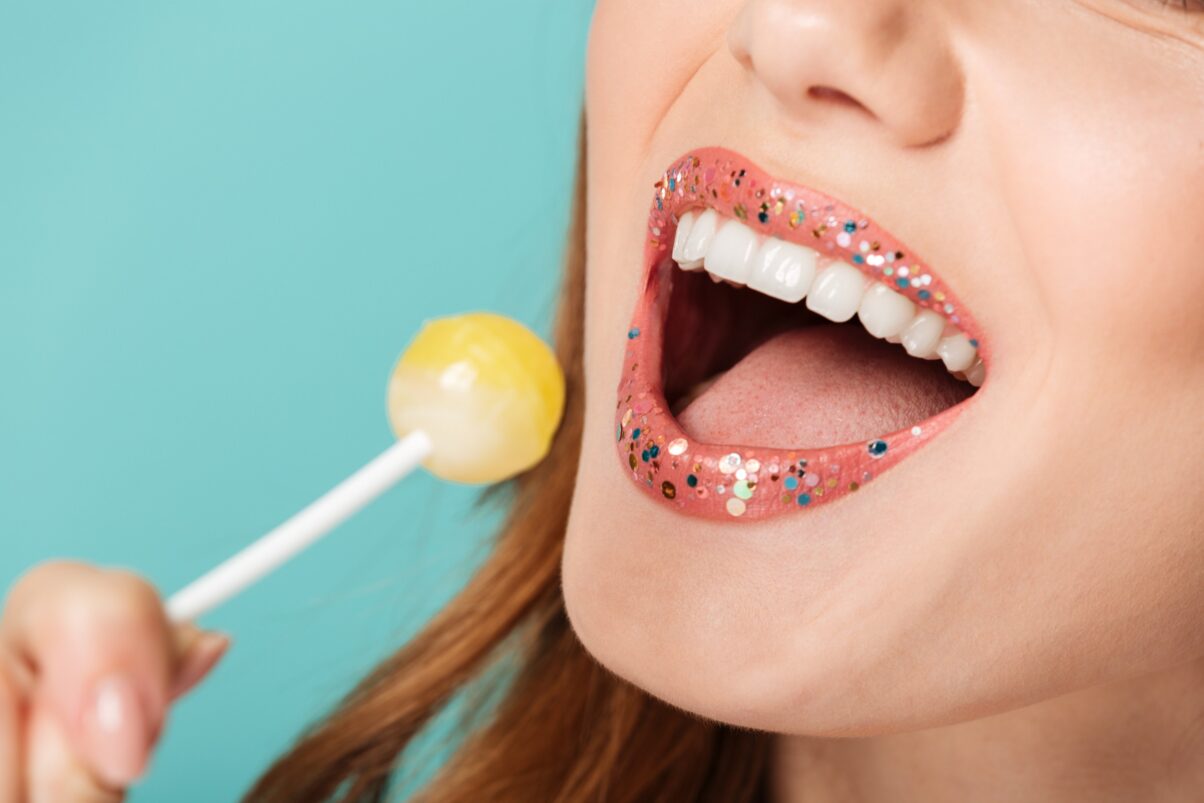Easter may be over, but the allure of sugary treats remains constant throughout the year. Indulging in sweets is a common joy, but it’s essential to understand how to enjoy them responsibly while safeguarding your oral health. Let’s explore strategies for managing sugary treats and maintaining dental hygiene, regardless of the season.
Understanding Sugar’s Impact on Dental Health
Sugar is a primary concern for dental health, as it fuels bacteria in the mouth that produce acid, leading to enamel erosion and potential cavities. While Easter may bring an abundance of chocolate eggs and jelly beans, any time of year can pose risks if sugary treats aren’t managed properly.
The Science Behind Sugar and Teeth
Consuming sugar triggers acid production when it interacts with bacteria in dental plaque. This acid gradually breaks down tooth enamel, increasing the risk of decay and other dental issues. Sticky candies and sugary drinks are particularly problematic, as they provide sustained exposure to sugar and acid.
Moreover, frequent sugar consumption throughout the day perpetuates acid production, creating an acidic environment in the mouth conducive to tooth decay. Children are especially vulnerable due to their less developed enamel and higher consumption of sugary snacks and drinks.
Strategies for Managing Sugary Treats
Moderation and timing are key to minimizing the impact of sugary treats on dental health. Enjoy sweets in moderation, preferably during meal times when saliva production is higher, to help neutralize acids. Opt for less harmful alternatives like dark chocolate or sugar-free candies.
After consuming sugary treats, rinse your mouth with water to wash away sugars and acids. Chewing sugar-free gum can also stimulate saliva flow, aiding in the removal of food particles and bacteria.
The Importance of Regular Dental Check-Ups
Regular dental visits are crucial for detecting and preventing oral health issues. Dentists can remove plaque and tartar buildup, apply fluoride treatments, and conduct screenings for early detection of tooth decay, gum disease, and oral cancer.
Early detection allows for simpler treatments and prevents the progression of dental problems. Regular dental appointments ensure comprehensive care and maintenance of oral health throughout the year.
Conclusion: Prioritize Oral Health Year-Round
While Easter may be a time of indulgence, it’s essential to prioritize oral health regardless of the season. By managing sugar intake, practicing good oral hygiene, and scheduling regular dental check-ups, you can enjoy sugary treats responsibly while maintaining a healthy smile. Encourage your family to adopt these practices for a happier, healthier life.
Schedule your appointment today!

